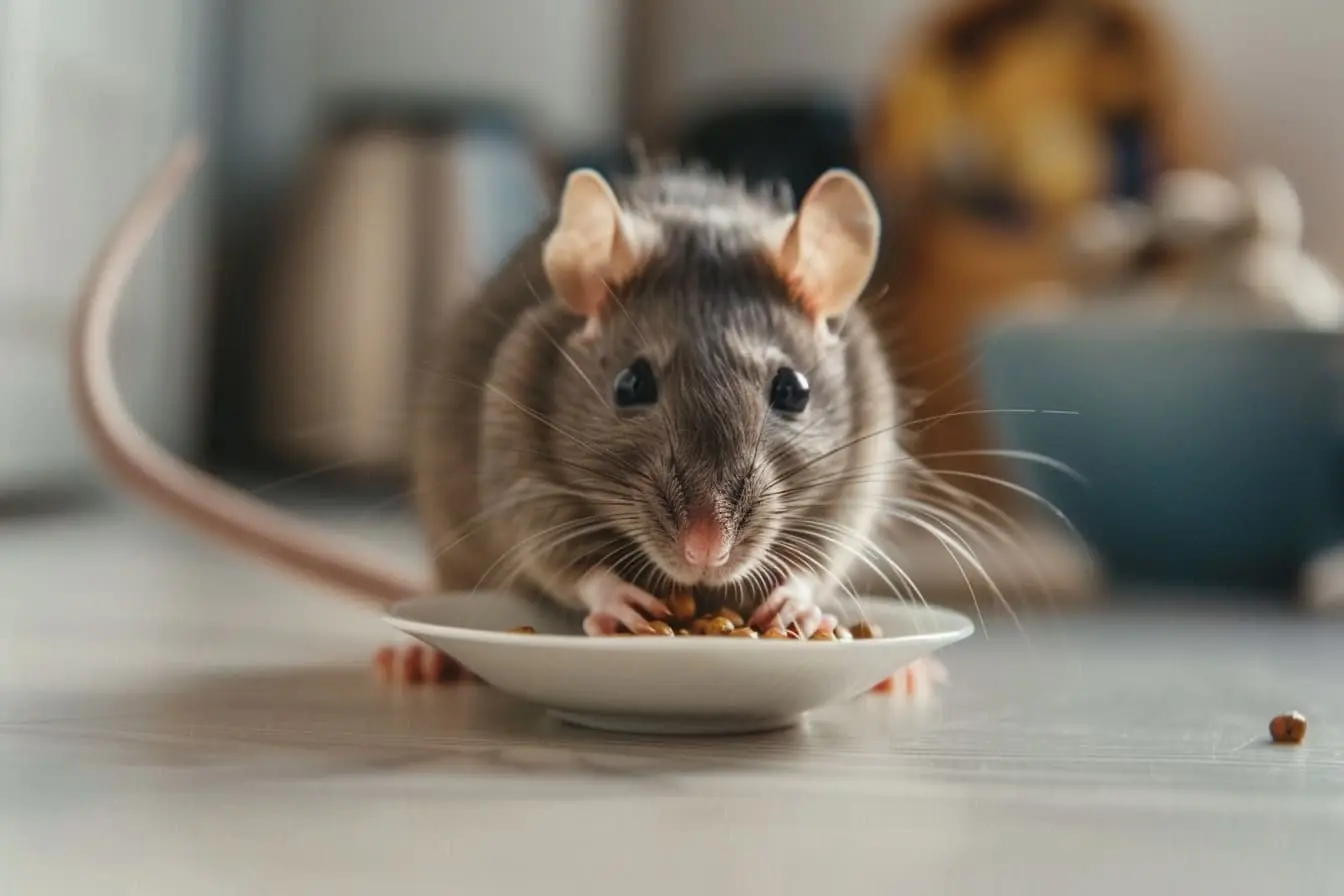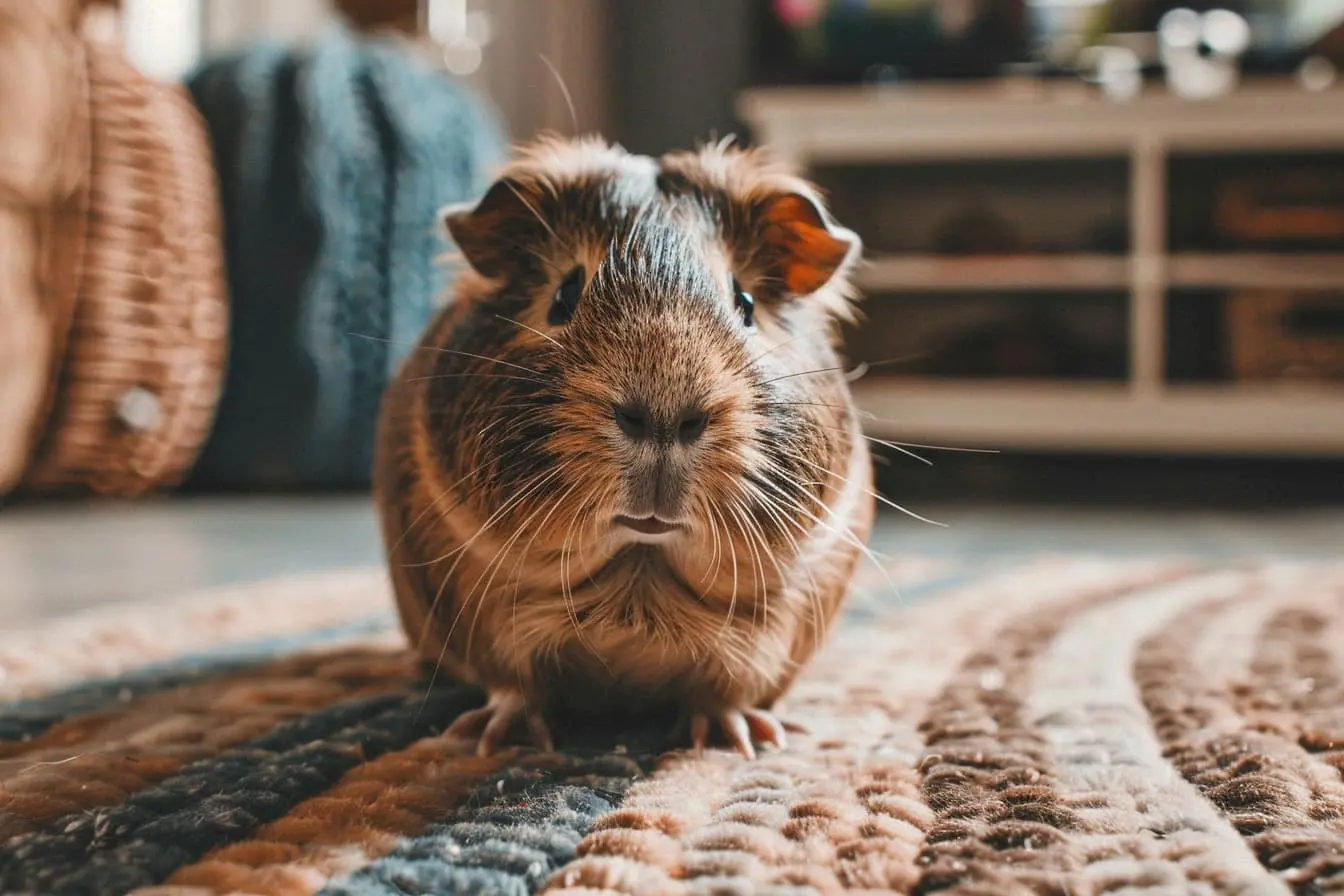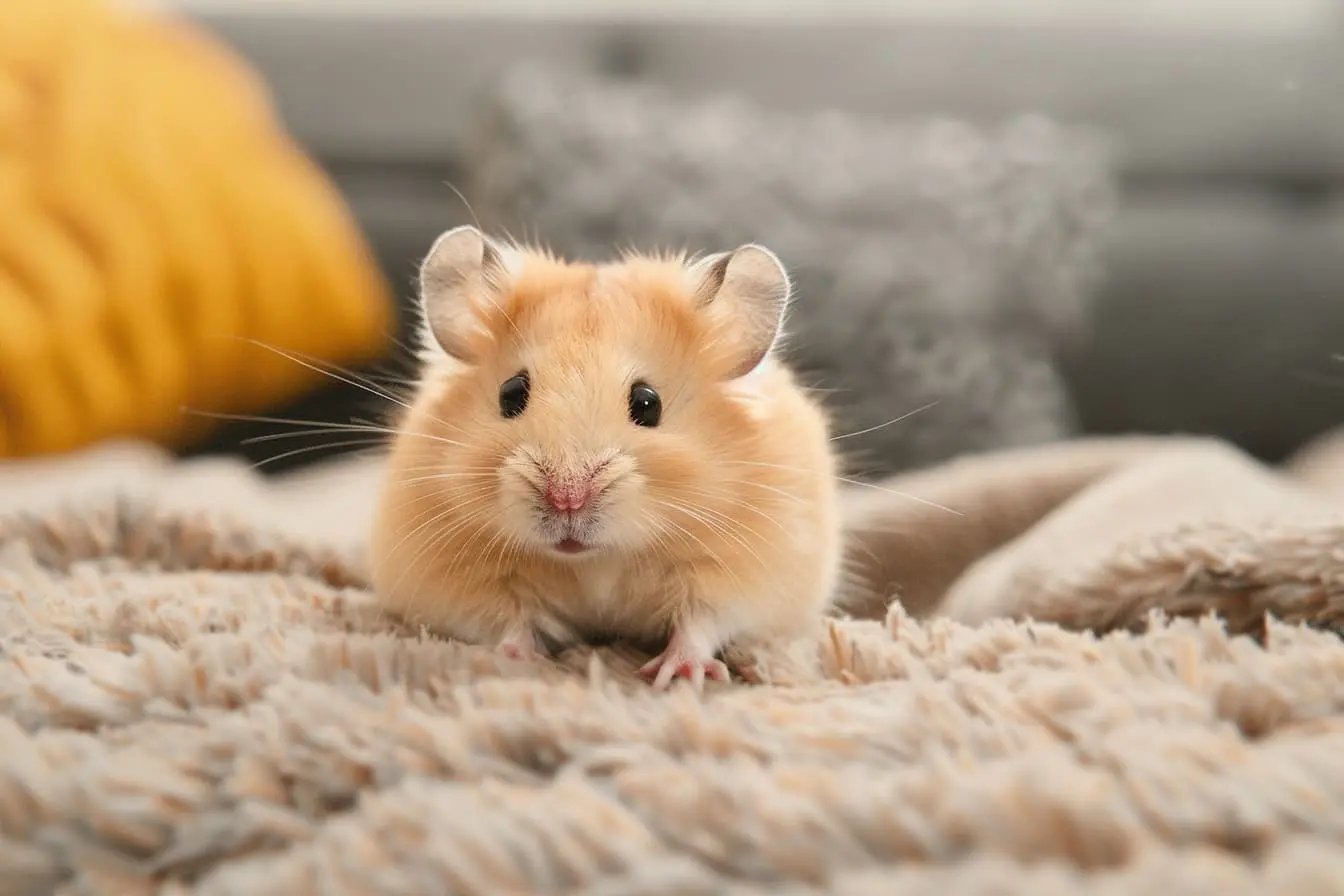
The Complete Nutrition Guide for New Rat Owners: Feeding Your Pet Rat for Optimal Health
Congratulations on choosing a rat as your new pet! Rats are intelligent, social creatures that form close bonds with their owners. One of the keys to a long, happy life for your pet rat is proper nutrition. This guide will cover everything new rat owners need to know about feeding their pet rat, ensuring they receive all the necessary nutrients for a healthy life.
Understanding Rat Nutrition
Rats are omnivores, which means they eat both plant materials and animal proteins. A balanced diet is crucial for their well-being, supporting their immune system, skin and coat health, and overall vitality. Let’s explore the essential components of a rat’s diet.
The Basis of the Diet: Lab Blocks and Pellets
A high-quality lab block or pellet diet should form the cornerstone of your rat’s nutrition. These foods are scientifically formulated to provide all the vitamins, minerals, and protein your rat needs in the correct proportions. It eliminates the risk of selective feeding, where rats might only pick out their favourite bits from a mix, potentially leading to nutritional imbalances.
The Joy of Fresh Foods
In addition to lab blocks, incorporating fresh foods into your rat's diet can offer nutritional benefits and environmental enrichment. Fresh vegetables and fruits should be a daily addition, including:
- Vegetables: Broccoli, peas, carrots, and leafy greens are excellent choices.
- Fruits: Apples (without seeds), bananas, berries, and melons can be given in moderation.
- Protein: Cooked lean meats, boiled eggs, and occasional mealworms or small insects provide a welcome protein boost.
Remember, fresh food should not exceed 20% of their total diet to prevent digestive issues.
Grains and Treats: For Occasional Indulgence
You can offer whole grains, like brown rice, pasta, and whole grain bread, as occasional treats. Small, healthy treats can help in training and bonding with your rat. However, treats should be given sparingly to avoid obesity and health issues.
Foods to Avoid
Certain foods are harmful to rats and should be avoided, including:
- Blue cheese and other mouldy foods
- Raw sweet potato
- Green bananas and green potato skin
- Onion and garlic
- Chocolate and caffeinated products
Fresh Water: A Must-Have
Ensure your rat has constant access to fresh, clean water. A drip-feed bottle attached to their cage is ideal, as it keeps the water clean and prevents contamination. Check and refill the water daily.
Feeding Schedule and Portions
Rats benefit from a consistent feeding schedule. Offering lab blocks/pellets in the morning and fresh foods in the evening can help maintain a routine. Monitor your rat’s intake and adjust portions to ensure they are not over or under-eating. Rats tend to hoard food, so check hiding places for uneaten perishables to maintain cage cleanliness.
The Importance of a Balanced Diet
A varied and balanced diet not only supports the physical health of your rat but also provides mental stimulation and satisfaction. Watching your rat enjoy different textures and flavours can be a source of joy for both of you.
Conclusion
Feeding your pet rat a balanced diet rich in nutrients is key to ensuring their long-term health and happiness. By providing a solid foundation of lab blocks or pellets, supplemented with fresh foods and occasional treats, you will be offering your rat the best possible care. Remember, the effort you put into their nutrition will be repaid with the companionship and affection that only a healthy, happy rat can provide. Welcome to the rewarding journey of rat ownership!
Vets near you
Speciality vets
- Aquatics vet specialists
- Birds vet specialists
- Camelids vet specialists
- Cats vet specialists
- Cattle vet specialists
- Deer vet specialists
- Dogs vet specialists
- Equines vet specialists
- Exotic vet specialists
- Goats vet specialists
- Pigs vet specialists
- Poultry vet specialists
- Sheep vet specialists
- Small Mammals vet specialists
- Wild vet specialists
Vet facilities
- Accessible by public transport
- Blood testing
- Car park nearby
- Client car park
- Dentistry
- Diagnostic imaging
- Disabled public access
- Flea and worm treatments
- Microchipping
- Mobile services
- Neutering
- Open at weekends
- Out-of-hours service
- Referral interests
- Referrals only
- Street parking outside
- Toilets available
- Vaccinations



